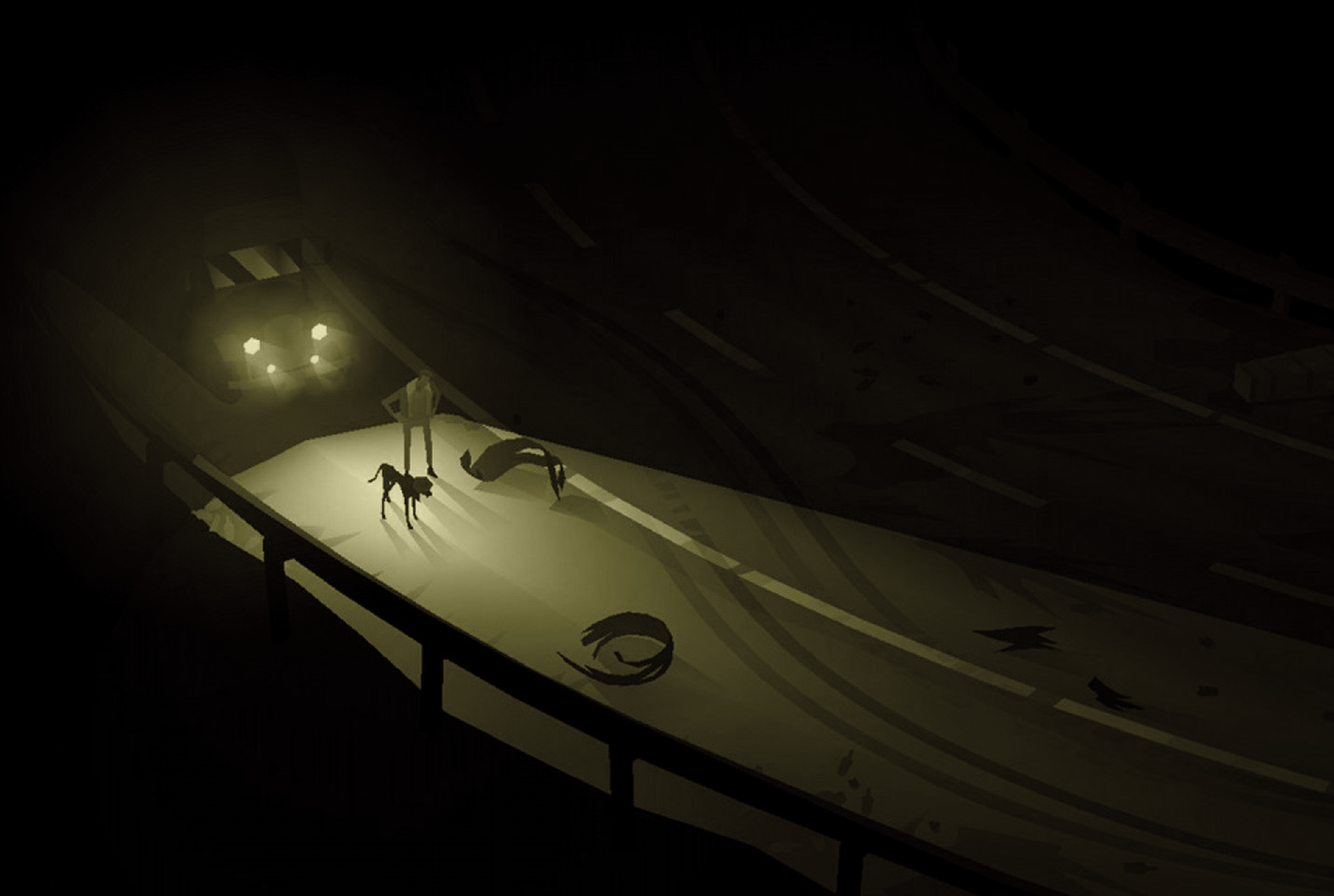Like many during this time of restricted movement and limited variation, I have turned to videogames, which can provide a sort of astral projection: a way of travelling to new universes without leaving your home or body.
The first world I turned to was familiar. The last part of five-act psychodrama Kentucky Route Zero popped up just prior to the pandemic, so I replayed the whole game in sequence just as lockdown started. Zipping around Highway 0, I lingered longer in most locations than was narratively necessary: staring at tree-lines in a moonlit forest, sitting at a bonfire, riding a trawler in circles around a gloomy river. I talked to each area’s inhabitants as long as the game would let me, dissolving into the gloop and gloom of its off-kilter version of the real world.
In a dive bar situated somewhere in the game’s middle, musicians Junebug and Johnny performed for a room of silhouetted patrons, in a dusky room lit only by a string of fairy lights.
Gone Home takes place entirely inside a house, albeit a bigger house than most will have been confined to. As I poked around corridors and dug into drawers, pockets of narrative unfolded in the form of zines, cassettes, and diaries on crumpled bits of paper. By the time I arrived in the attic where the story concludes, this wasn’t just a vacant home but a container for stories with a lived past.
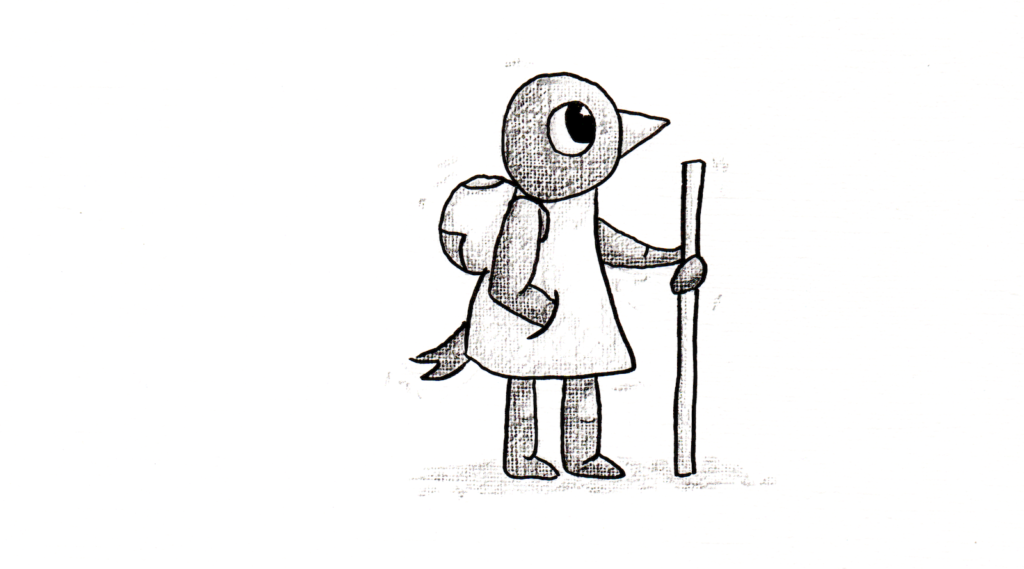
Next, I wanted to head somewhere lighter.
A Short Hike offered a miniature world that provided much-needed solace. As a young bird climbing the island’s mountain to try to find phone signal, I delayed reaching the summit by taking detours, jumping off and gliding back down to the beach. Heading back up after floating downwards, I hid in the woods, did laps on the running track, and spent time idly fishing. Always sunny, always calming, inhabited by eager cartoon animals, it felt too good to leave.
I reached the top and called my mother. After floating back down again, I turned the game off, and called my mother.
In a neutral green space in Wattam, I planted a seed and did a dance around it, which birthed a tree that came alive and ate everything.
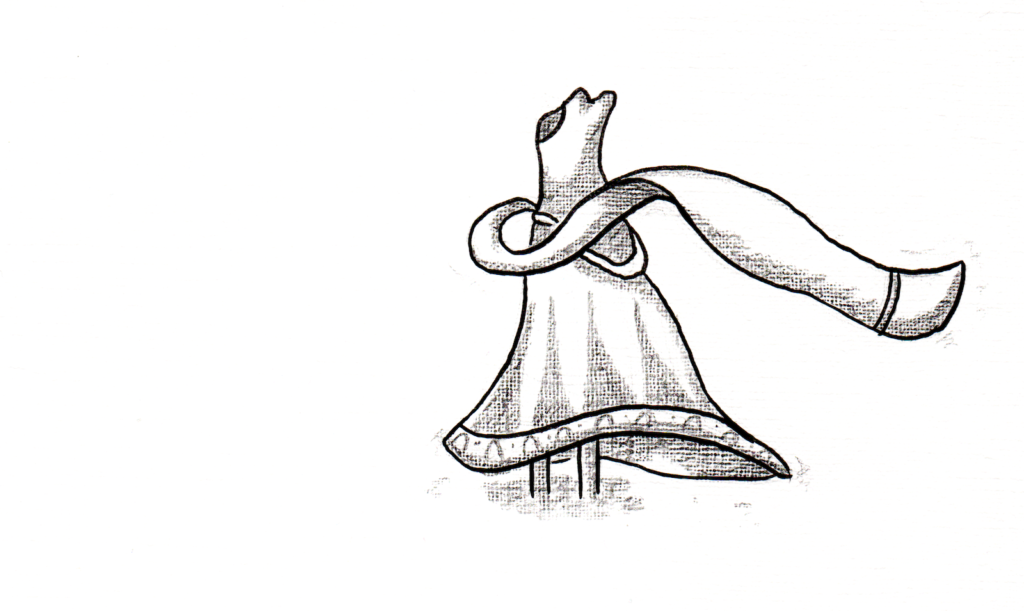
Deadened by an awareness that I was going to remain inside for the foreseeable I went looking for familiar worlds that could offer comfort. I found Journey, a short and smart explorative game featuring a robed figure crossing a terraforming landscape.
Towards the end of the game, as the snow got thicker and my walking pace slackened, I pushed against a blizzard that seemed impenetrable. Lost in the dark tundra, I focused only on breaking through to the long-lost light.
In Wide Ocean Big Jacket, I sat camp-side beneath the big trees: cozy, calm and in the company of friends, away from it all for a while.
In July I arrived confused at Mutazione, an island inhabited by friendly mutant creatures. Travelling by steam tanker through the overgrown wilds of a purply-green lagoon, I soon felt at home, guided by companions who trusted me. It didn’t take long until I wanted to live there.
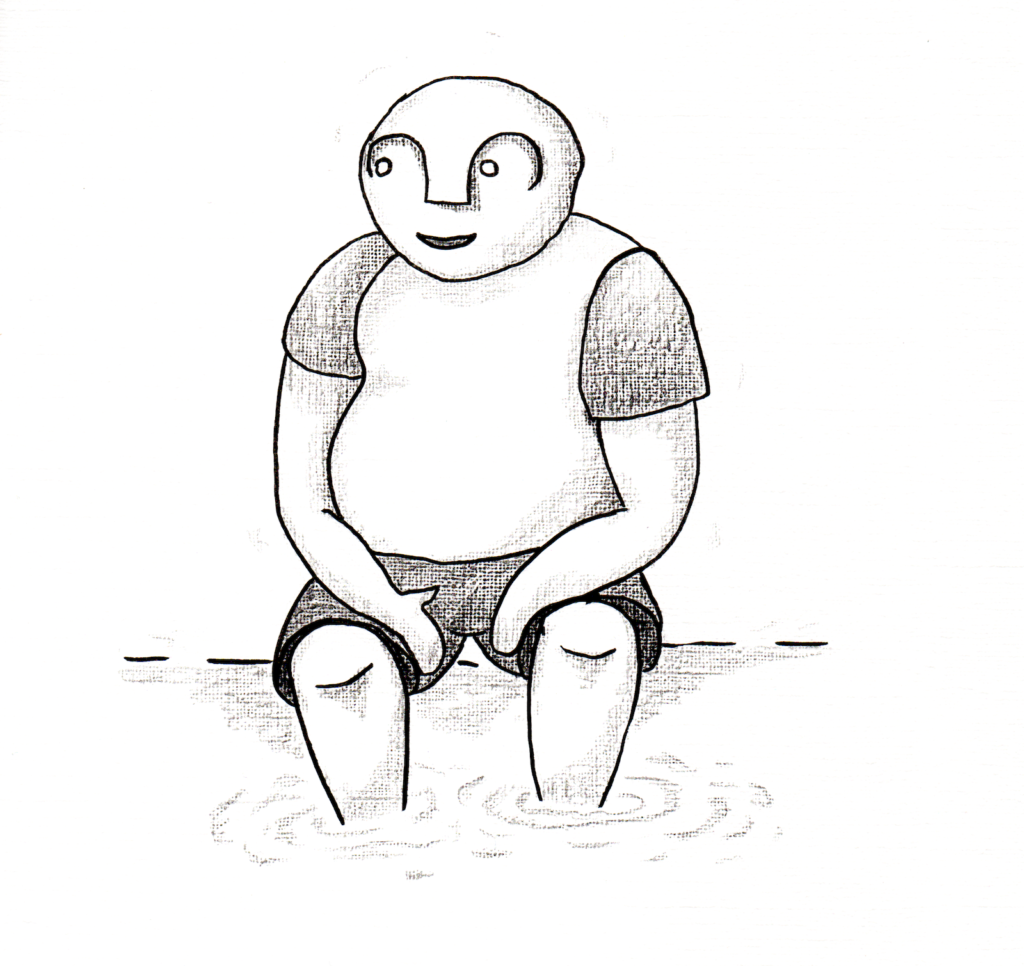
Having travelled to small and self-contained environments, I wanted to expand my horizons. Space is a place most of us will never go to, but somewhere games travel in abundance. The Outer Wilds provided a controlled experience where the scope wasn’t too intimidating. Limited to looping visits, I launched my rocket-ship into the cosmos. The stars flew past as an incoming planet grew larger on my horizon. As I surfaced within its atmosphere, trees popped up from a small island.
22 minutes later, the sun exploded, and the game reset.
In Abzu, like in Journey, the environment is gestural, often emotive; but it is also alien, impenetrable, a little too expansive. Diving into the deep sea, I sent sonic pings outwards. Shocked, a shoal of fishes dispersed.
The underwater world of In Other Waters is less visible, evoked through sound as sea creatures squeak in the bubbling waters. I navigated the ocean through an interface, scanning the surroundings and trying to map the terrain as I discovered it.
At last, having had my fix of travelling to created worlds, I decided to build them myself. Townscaper offers the chance to make cute and colourful island villages with a few button taps and adjust ments of simple meters.
I tapped a few times, and sprouted a three-tiered, green-roofed stilted tower which arched over a little yellow community of one-room one-roof developments.
I felt less like a landscaper than a god, building instant homes, tapping worlds into existence. Within minutes, a few blobs had become a fully-fledged autonomous community. Travel was no longer enough: my calling was in world-creation.
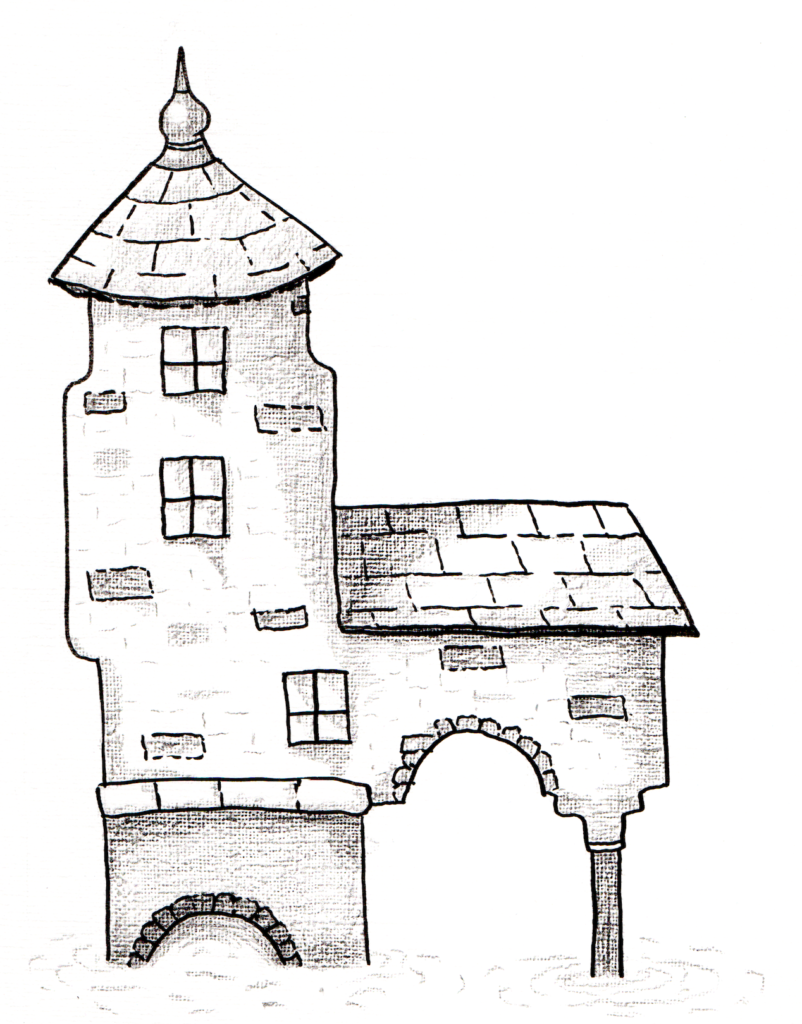
After playing all these games, I’m satiated, but also sort-of left wanting. Maybe I should try a séance, some psychedelics, maybe some actual astral projection? A quick google of the phrase brings up a Vice article from April this year: “Meet The Redditors Using Astral Projection To Escape Quarantine”. I read about parapsychology, alien strongholds, and occult symbols. I’m happy, perhaps, loading up a game instead and jetting into space or visiting some nice relaxing island.
Matt Turner (website, twitter) is a film, arts, and culture writer based in London, UK.
Steph Watts (website, twitter) is an illustrator and embroidery artist based in London, drawing influence from Japanese animation.
Image: Kentucky Route Zero press image.
